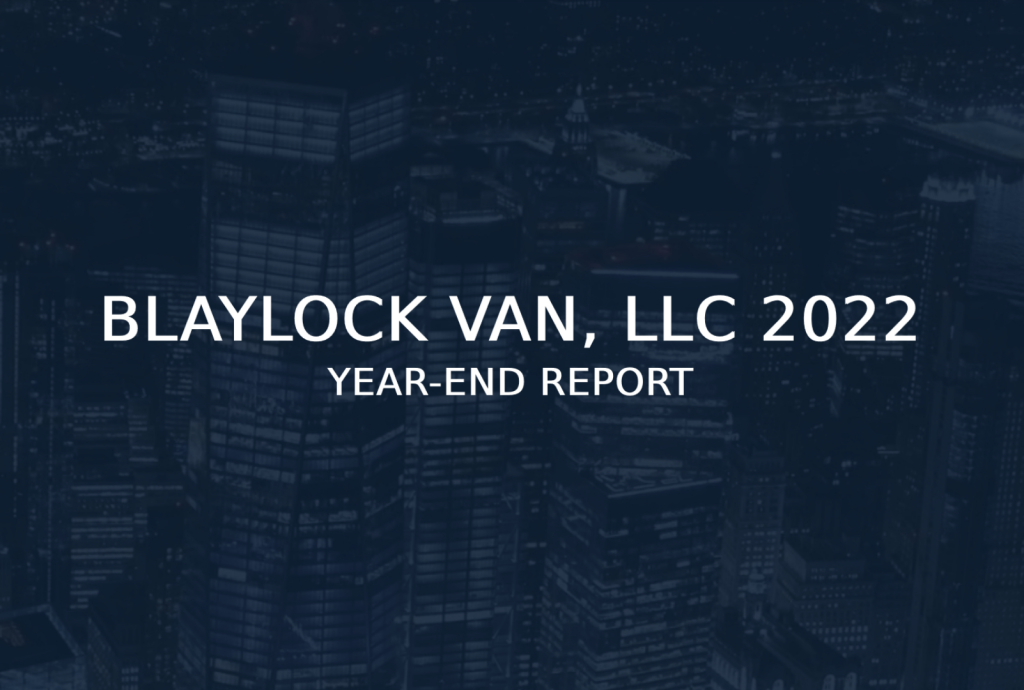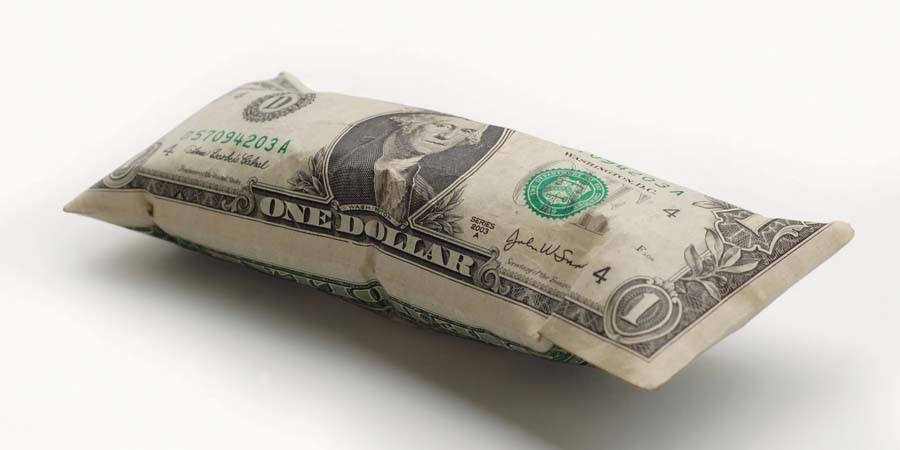America’s Covid crisis was a one in a hundred-year plague, a Black Swan event per se. It is important to take a hard look at this year, and what lays ahead in the coming months, across countries, industries, and demographics.
Countries – If you went back in time, you would find it hard to believe (let alone swallow) that the US would be the biggest loser, and China the biggest winner of the Covid crisis in 2020. According to Deutsche Welle, the German news agency, China is the unpopular economic winner in 2020: Its GDP actually grew 1.85%, while the US economy tanked 4.27%.
In Europe – Meanwhile, the New York Times point to Germany as the clear regional winner, heavily indebted, but still surfing on its past government surpluses. Germany will have a 5% GDP decline, whereas the other G-7 nations should see an average 7% GDP reduction.
China – Regardless of whether this virus was intentional or not, and whether America should have stronger defense for that kind of threat, China is growing at a rapid pace, while the rest of Europe and the US have been plunged into an unequal crisis that plagued large swaths of their populations. China is growing based on an infrastructure investment frenzy. It is the old FDR New Deal ideal to invest in infrastructure in times of depression to jump start the economic engine. China also benefited from surging demand for tech services and goods: laptops, apps and phones. Post-Covid China became ever-more important…
Industries – As featured in the Financial Times, Covid fueled a five-year leap forward for the American tech industry– to continue in the Chinese communist party theme (…) – boosted apps and large tech reliant in Chinese manufacturing: Amazon stock surged 73.5% in 2020, 5 times more than the S&P as a whole, contributing to the theme of an unequal recovery. Amazon hired 175 thousand workers, now having more than 1 million full time employees. 0.3% of every American works directly for Amazon; Apple reached a U$ 2.3-Trillion market cap; Tesla is worth more than all major car companies, @ U$ 675 Billion market cap. Banks profited from the stimulus disbursing fees and charging heavy underwriting costs. According to Fortune Magazine, Real Estate firms sold larger homes to folks moving away from cities and borrowing at the lowest interest rates in 50-years according to Fannie Mae. The US home inventory is at 3.3%, the lowest level since 1963. A World Bank study shows that hotels and travel apps, urban rentals, airlines, restaurants, bars, local shops and gyms suffered the most, close to 75% on average across the World. And so did folks working for these industries…
Tax brackets and demographics – working class Americans in the service industry suffered the most. the Fed decided on a COVID-19 economic response that privileged large companies rather than individuals (many of them minorities) is a policy question that is beyond the reach of this note. Yet through history, epidemic plagues and lack of social assistance have been highly correlated with social protest and unrest. Macroeconomy does have an impact in real life, after all… As featured in the Financial Times, there is a thin line on which Americans are relying upon the Fed. For the first time since the WW2, America’s national debt is already past 100 percent of gross domestic product.
So, what is ahead? China is growing with infrastructure and manufacturing exports. American tech, banks and real estate are expected to continue to thrive in the next two quarters. Yet, Deloitte forecasts American GDP below 2% pre-pandemic base growth trend for the next five years. So, it might continue to hurt the non-tech service industry for a bit longer…
 Bernardo Weaver is a senior finance consultant at the World Bank Group in Washington DC and a finance professor to top investment banks and Hedge Funds in Wall Street. Mr. Weaver also teaches M&A as an adjunct professor at Georgetown McDonough School of Business and at Pepperdine University Graziadio School of Business. Mr. Weaver is a Wharton MBA grad, and holds an LLM from UConn Law, and a law degree from P.U.C.- Rio, in Brazil.
Bernardo Weaver is a senior finance consultant at the World Bank Group in Washington DC and a finance professor to top investment banks and Hedge Funds in Wall Street. Mr. Weaver also teaches M&A as an adjunct professor at Georgetown McDonough School of Business and at Pepperdine University Graziadio School of Business. Mr. Weaver is a Wharton MBA grad, and holds an LLM from UConn Law, and a law degree from P.U.C.- Rio, in Brazil.**Disclaimer**
This article was prepared exclusively for Blaylock Van, LLC. Links are solely intended for convenience and are not intended to be advertisement whatsoever. Linked sites are not under the control of Blaylock Van, LLC and Blaylock Van, LLC is not responsible for the content of any linked site or any link contained in this article. Blaylock Van, LLC does not endorse companies, or their products or services, to which it links. If you decide to access any of the third-party sites linked to this site or article, you do this entirely at your own risk.
_______
6 “Behind real estate’s surprise 2020 boom and what comes next” Fortune Magazine, by Daria Solovieva, published October 20, 2020 7 PM EDT, available @ https://fortune.com/2020/10/20/real-estate-coronavirus-pandemic-home-buying-zillow-redfin/
7 As featured in the Financial Times: https://www.ft.com/content/bcb8d4d9-ca6d-45b7-aafc-9e9ecf672a5b
8 As featured in Deloitte’s US economic Forecast 4th quarter report: https://www2.deloitte.com/us/en/insights/economy/us-economic-forecast/united-states-outlook-analysis.html




